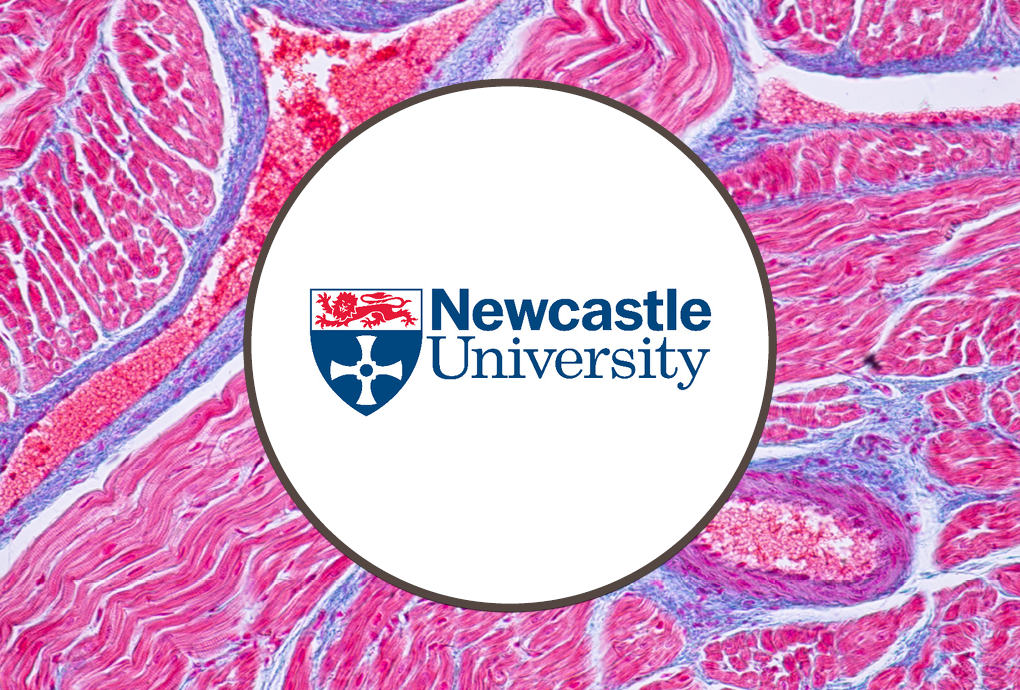Newcastle University: Testing Proprietary Compounds for Fibrosis in Collaboration with Industry
In the autumn of 2017, the business development team at Newcastle University were introduced by IN-PART to a principal scientist at a research-intensive pharmaceutical company based in Germany (who are noted anonymously due to confidentiality agreements). The resulting conversation has led to the pharmaceutical company funding collaborative research with the Newcastle Fibrosis Research Group to triage proprietary early-stage compounds for the treatment of fibrosis.
Dr Marie Labus, Business Development Manager at Newcastle University outlined how the collaboration developed:
“After the initial introduction, we had a teleconference to discuss Newcastle University’s capabilities. This initially led to the company commissioning a small research study to demonstrate the expertise and technical abilities of the team [at Newcastle]. This then led to a larger commissioned study to test novel proprietary compounds in development at the company.”
Elaborating on the details, Dr Labus outlined that:
“The two commissioned research studies have been conducted on a fee for service basis. The first study was a small pilot which aimed to validate the technology offering (value ~£30k). This led to a larger study testing the company’s novel propriety compounds to provide data to help triage their early stage compounds (value ~£105k).”
Marie and the business development team at Newcastle are now in discussion with the R&D team at the pharmaceutical company to plan further investigations that utilise the specialised research techniques, technologies, and pre-clinical models for fibrosis developed by academics at Newcastle University. It’s expected that this will lead to further studies through which the research group at Newcastle will test proprietary compounds as part of the pharma company’s drug development pipeline.
It’s hoped that eventually, this university-industry collaboration will lead to the development of new therapeutics that alleviate the symptoms of fibrosis and target the pathological deposition of connective tissue associated with the condition.
More information about the opportunity to collaborate with the Newcastle Fibrosis Research Group can be found on IN-PART: https://app.in-part.com/articles/zj1BgAR90mp2
Read more case studies of collaborations that started through IN-PART’s matchmaking platform for university-industry collaboration.
Copyrights reserved unless otherwise agreed – IN-PART Publishing Ltd., 2019
About IN-PART:
We unlock innovation from research by making new connections between academia and industry to get ideas out of the lab and onto the market.
With proactive community engagement underpinned by smart matching algorithms, IN-PART’s online matchmaking platform connects the requirements of R&D-driven companies with the most relevant innovation being developed by academics at institutes around the world.

Header image background: tonaquatic / stock.adobe.com
